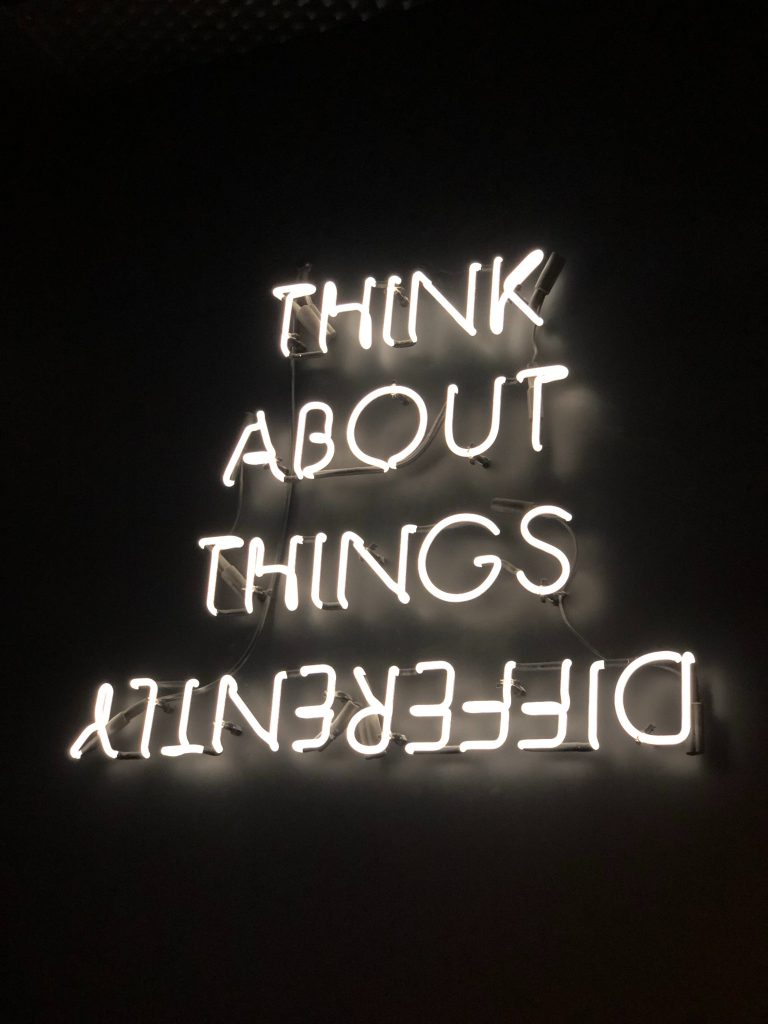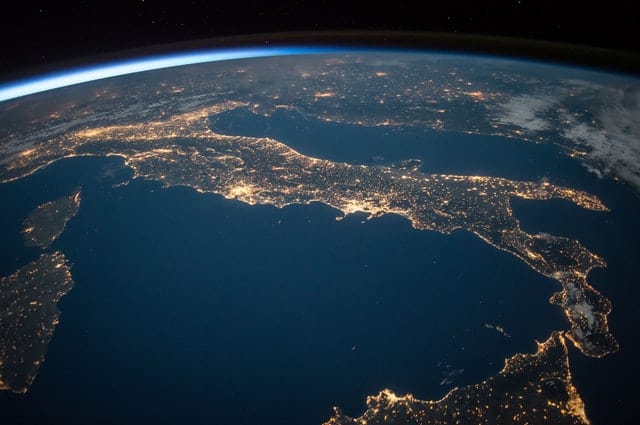
Rethinking Education: Ideas from Yuval Noah Harari
Yuval Noah Harari, author of Sapiens: A brief history of humankind, has literally blown up the internet with his talks (and books) on his views about the future. You’d think he’s a futurist, but he’s actually a historian by training. In actuality, he’s a bit of both.
I recently watched a talk (video at bottom of this post) that he gave to school students in London. The focus was on how education needs to change to better prepare children for a future that is unknowable and uncertain.
In his bestselling book 21 Lessons for the 21st Century, Yuval makes prophecies which are at one level enlightening, but often frightening. He writes extensively about how life and humans have changed over the centuries. What is very obvious is that although everyone agrees that change is constant, few people realise that the pace of change has increased a lot in the last fifty years.
Here is an excerpt from his book:
If you lived in China in 1018…it was clear to you that even in 1050 most people would still work as farmers and weavers, rulers would still rely on humans to staff their armies and bureaucracies, men would still dominate women, life expectancy would still be forty, and the human body would be exactly the same. Hence in 1018, poor Chinese parents taught their children how to plant rice or weave silk, and wealthier parents taught their boys how to read the Confucian classics, write calligraphy or fight on horseback – and taught their girls to be modest and obedient housewives. It was obvious these skills would still be needed in 1050.
In contrast, today we have no idea how China or the rest of the world will look like in 2050. We don’t know what people will do for a living, we don’t know how armies or bureaucracies will function, and we don’t know what gender relations will be like. Some people will probably live much longer than today, and the human body itself might undergo an unprecedented revolution thanks to bioengineering and direct brain-computer interfaces. Much of what kids learn today will likely be irrelevant by 2050.
Yuval Noah Harari, 21 Lessons for the 21st Century
My early career was spent shuffling money around in London (legally). At the time, people my age would pride themselves on knowing how the financial markets worked and how to build financial models on Excel. In just ten years, the same knowledge will get you a first interview, at best. The world of finance has changed so much – if you want to get a top job in finance, you better know how to code (at least a little), understand how technology works and be able to understand statistics (needed) and calculus (depending on which part of the markets you work in).
Want another example? Look at crypto and the entire ecosystem that has spawned since Satoshi Nakomoto first put out his whitepaper. In less than 15 years, the crypto ecosystem is worth a whopping $2 trillion! Irrespective of whether you think crypto is a ponzi scheme or the best invention since physical money, that is staggering growth in a very short span of time.
In short, the world is changing. And fast.

Yuval’s worry (and mine to a certain extent) is that with the way education is done in 95% of schools, we are preparing children for a world that will no longer exist.
Doing is becoming more important than knowing. Communication is becoming more important than cramming.
So what does one do about it? How does one stay relevant? How can we educate children such that they don’t end up on the rubbish heap of the ‘useless class’ as Yuval calls it?
Most policy makers and experts agree that so-called soft skills are going to be increasingly important in the future. Collaboration, creativity, communication and critical thinking (the 4 Cs) are often touted as the most important skills of the future. Almost everyone agrees on this, but our current educational systems and curricula hardly reflect this. If you chose a school at random in Bangalore and visited them, you’d find 8th grade students steeped in individual study, repeatedly practicing problems in order to prefect the method of solving them, and generally trying to stuff as much of their textbooks into the storage device inside of their heads. This doesn’t in any way sound like collaborative activity or an activity involving much critical thinking.
One of the main arguments for why education needs to change is because knowledge doesn’t stay relevant for life. In previous generations, it was sufficient to go to school, then pick a major in college and do that for the rest of your life. Often at the same company. The knowledge gained in school and college usually was sufficient to tide you through a career, usually with some tweaking and polishing over time. Good luck with trying to get through life like this in the 21st century.
So what is the most important skill going forward?
It is the ability to learn and to reinvent oneself again and again. If one assumes that the world is going to continue to change, then it is guaranteed that in time, whatever knowledge you have will either become irrelevant or be in need of regular updating. Most times, this will come as a shock, but such shocks are already taking people by surprise in various industries. With automation becoming more ubiquitous, the rate at which people are being made redundant (in more ways than one) is leapfrogging the rate at which humans can learn new skills in order to take advantage of opportunities that come up as a natural consequence of such disruption.
In such a world, emphasising technical skills which may or may not be relevant in the long run sounds like a recipe for disaster. Especially when you spend the first two decades of your life engaged in such activity.
So what should we emphasise?
Most important of all will be the ability to deal with change, to learn new things and to preserve your mental balance in unfamiliar situations. In order to keep up with the world of 2050, you will need not merely to invest new ideas and products – you will above all need to reinvent yourself again and again.
Yuval Noah Harari
So how can you prepare children to deal with change? In my humble and (as yet) inaccurately formed opinion, principally, in three ways:
- Exposure: Giving children exposure to as much of the world as possible and helping them tie threads together is fundamental to making sense of an increasingly complex and changing world. School still focuses on traditional careers – all syllabi assume that 80% of children will go into engineering, law, medicine or accounting / finance. Fortunately, the world has expanded. Children have a lot more choice than was available twenty years ago. Curricula have to change to reflect this expansion of opportunity.
- Mental and emotional fluidity: Learning how to learn sounds nice. But what does that even mean? Aren’t we all learning all the time? The older one grows, the harder it becomes to learn new skills. Humans suffer from commitment bias. When a person has invested (time, money and effort) so much in learning engineering and then working as an engineer, they are going to do everything they can to maintain the status quo when faced with a situation where their current skillset is becoming obsolete. So coming round to the idea that you will probably have to (and should) reinvest yourself every few years requires a very different way of looking at the world. Instead of looking at learning and education as an ‘investment’ that one makes in the first 2 decades of life, we need to accept that learning is a lifelong endeavour and very much a part of adult life.
- Creativity: When the world changes, it usually expands. This expansion happens because when industries are dead and buried, it is usually because of innovation in a related sector which has been successful in creating a world order which the market deems more relevant. But this process starts happening well below industries actually collapse. When it comes into public consciousness, it feels like a watershed moment, but it very rarely is. The seeds of change are often invisible and hushed. In a world where constant disruption will always give rise to new opportunity, it pays to be able to think creatively and innovatively.
Point 1 above is relatively easy to do. But it requires schools and educators to think very differently about their place in the world. School needs to become a place where children get a peek into how wonderfully vast and expansive the world is – in terms of culture, opportunity, and fields of work. Points 2 and 3 are obviously harder to do. How does one teach mental and emotional fluidity? And how do you teach creativity?
These are hard questions to answer. And even harder to implement. Which is why I will stop rambling here and leave those for future posts!
Enjoyed this post? Please do share this with your network!